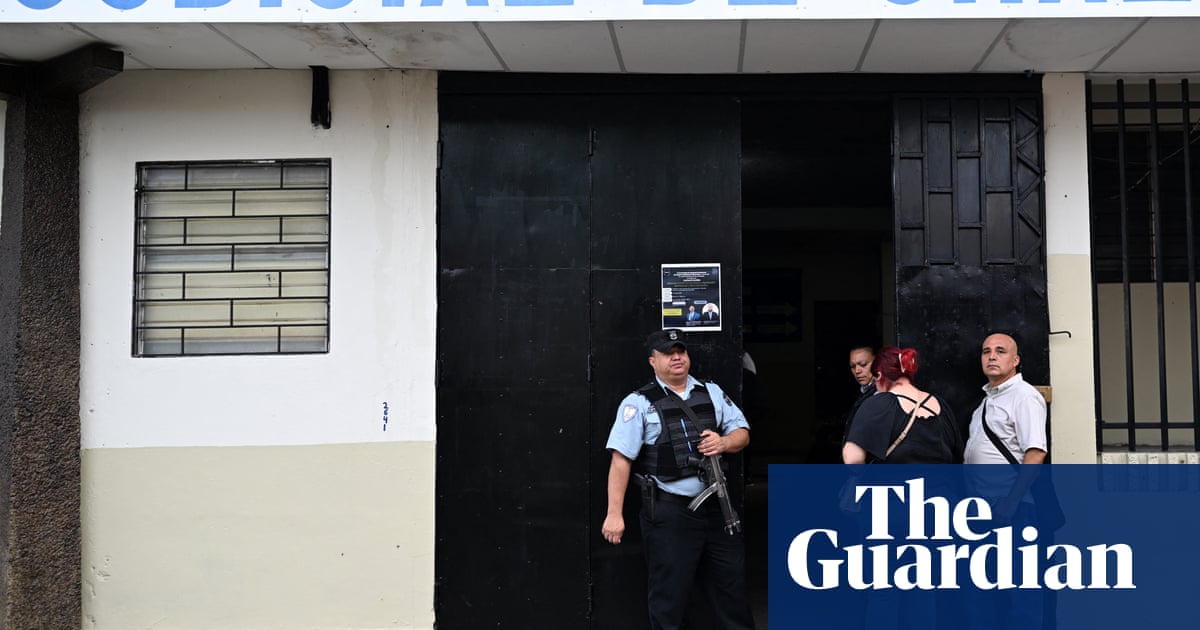A former defense minister ofEl Salvadorand two retired colonels have been convicted of the 1982 killings of four Dutch journalists during the country’s civil war, a lawyer for families of the deceased said.
A five-member jury sentenced the defendants, now in their 80s or 90s, to 15 years in prison after an 11-hour session on the first day of the trial on Tuesday.
In a crime that shocked the world, Koos Koster, Jan Kuiper, Hans ter Laag and Joop Willemsen were killed while filming a television documentary.
More than 75,000 people were killed in El Salvador’s 1980-1992 civil war pitting the US-backed military against leftist guerrillas.
The Dutch reporters worked for IKON TV, a Dutch channel founded by several churches.
The accused are General José Guillermo García, 91, former police colonel Francisco Antonio Morán, 93, and ex-infantry brigade commander Mario Reyes Mena, 85.
None of them were in court for the trial, which was conducted with press and held in the northern city of Chalatenango.
“The fight against impunity took a long time, but it was won,” the Dutch ambassador for all of Central America, Arjen van den Berg, said outside the courthouse.
In 1993, a UN-sponsored Truth Commission found the journalists had walked into an ambush planned by Reyes, who lives in the United States, and with the knowledge of other officers.
The Salvadorian supreme court approved an extradition request for Reyes in March, but there has been no progress so far.
García and Morán are under police surveillance in a private hospital in San Salvador.
The defendants had faced up to 30 years in prison but got less time because of their age and ill health, the lawyer Cruz said.
The NGOs Fundación Comunicándonos and the Salvadorian Association for Human Rights hailed the trial as a “decisive step” in the search for truth and justice.
“We trust that this trial sets a historic precedent in the fight against impunity,” they said in a joint statement.
The case remained unresolved for decades after the presiding judge received threats in 1988, prompting her to seek refuge in Canada.
It was reopened in 2018 after the supreme court declared an amnesty law for civil war crimes unconstitutional, but relatives of the victims still had to wait years for the main hearing.
Evidence such as a statement from a former US military attache and a military expert’s report “directly points” to the defendants’ responsibility, said lawyer Pedro Cruz, who represents the victims’ families.
Garcáa led the Armed Forces from 1979 to 1983, when the worst massacres perpetrated by the military took place.
